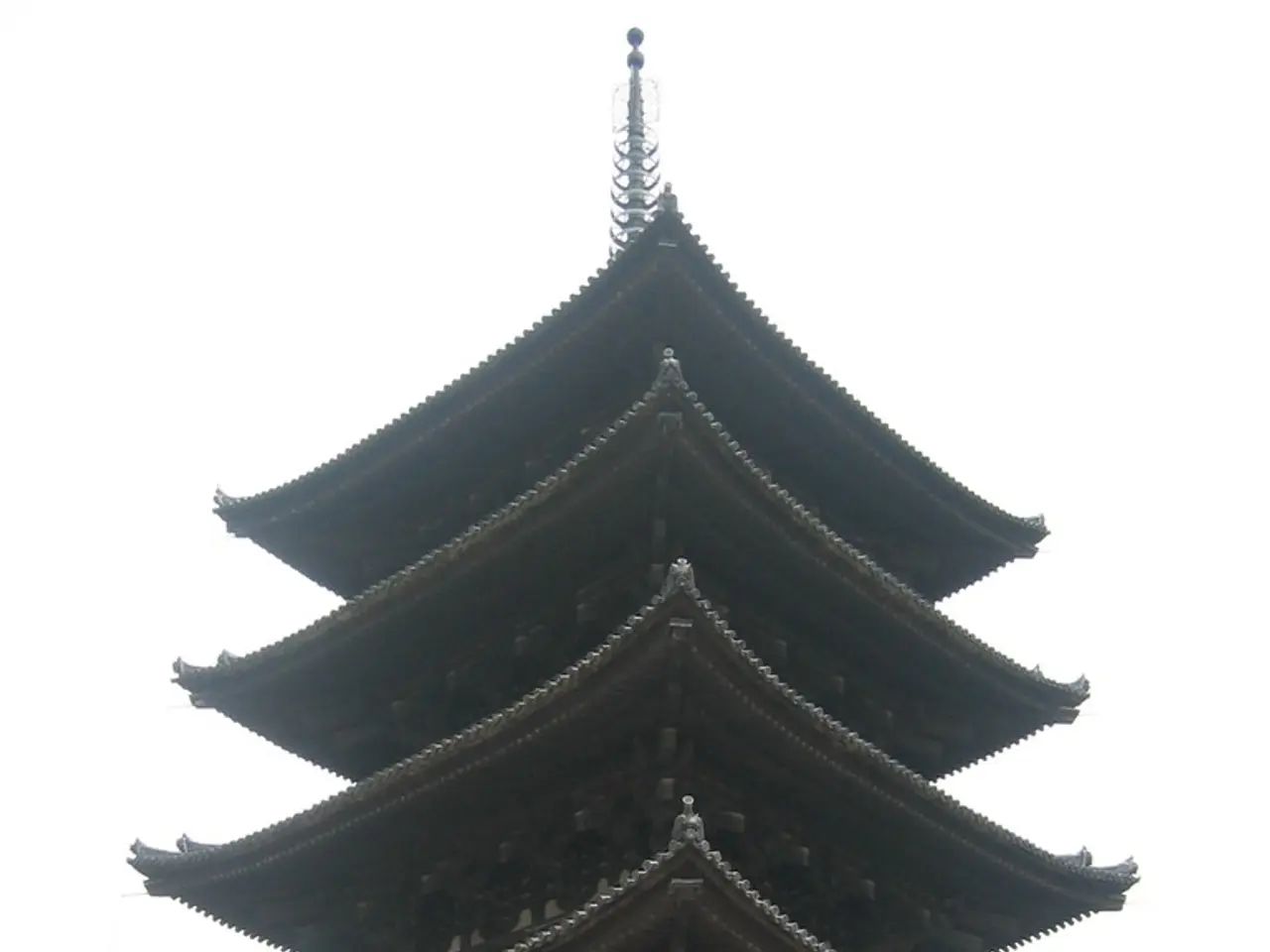Eminent Taiwanese-American historian, laureate of the Tang Prize, Hsu Cho-yun, passes away.
Historian Hsu Cho-yun, a Taiwanese-American scholar and sinologist, passed away last Sunday in Pittsburgh, Pennsylvania, at the age of 95. Born in Xiamen, China, in 1930, Hsu dedicated his life to the study and promotion of ancient Chinese social and cultural history.
Hsu's academic career began at National Taiwan University, where he studied history. In 1957, he moved to the United States to pursue a doctoral degree at the University of Chicago. His scholarly works deeply explored China’s history and cultural influence, emphasizing the essence of Chinese culture and promoting its understanding internationally.
Hsu's contributions to the field of sinology were significant, particularly regarding early dynasties such as the Western Zhou, Qin, and Han. He was among the first Western scholars to establish collaborations with Chinese universities and institutions, which resonated with the mission of the Chiang Ching-kuo Foundation for International Scholarly Exchange. While the sources do not explicitly mention Hsu's direct relationship to the Foundation or the Hsu-Sun Scholarship he founded with his wife, further inquiry may reveal more details.
In addition to his academic career, Hsu played a vital role in fostering academic exchanges between China and the West after the normalization of China-US relations in 1979. His efforts helped shape modern sinology and encourage cultural dialogue, marking him as an irreplaceable figure in amplifying Chinese culture abroad.
Despite having congenital muscular atrophy and becoming paralyzed in old age, Hsu continued to read, study, and pursue scholarship diligently every day. He published the book China: A New Cultural History in 2012 and integrated social science methods into historical research, opening new directions in Sinology.
Over the past five years, Hsu shared his outlook on life and history on Chinese media platforms, which was well-received by Chinese people. Last year, he voiced concern over Western political trends, comparing US President Donald Trump's rhetoric to thugs who once roamed the foreign concessions in Shanghai. Hsu also advocated for openness when chatting with former president Chiang Ching-kuo.
After receiving the Tang Prize in Sinology last year, Hsu donated the cash prize of NT$50 million (US$1.67 million) to the foundation. Hsu's writings reflect a deep concern for nation and people, and he often wrote to Taiwanese media to express his opinions on current affairs.
A photo of Hsu was taken by Yang Yuan-ting, Taipei Times, after he turned 81 and began a decade of prolific historical writing. Hsu also founded the Hsu-Sun Scholarship with his wife of 55 years, Sun Man-li, to encourage young people to study Sinology. His legacy will continue to inspire scholars and students alike in the field of Chinese history and culture.
Hsu's lifelong-learning and commitment to education-and-self-development extended beyond traditional academic borders, as shown by his prolific historical writing in his later years despite physical challenges. His advocacy for openness and publications in Chinese media further demonstrate his dedication to promoting understanding of Chinese culture.




